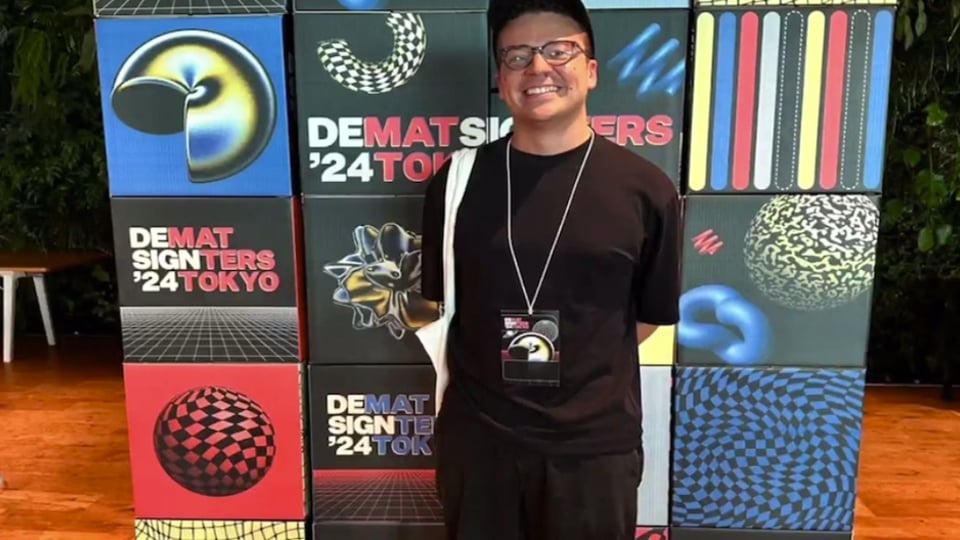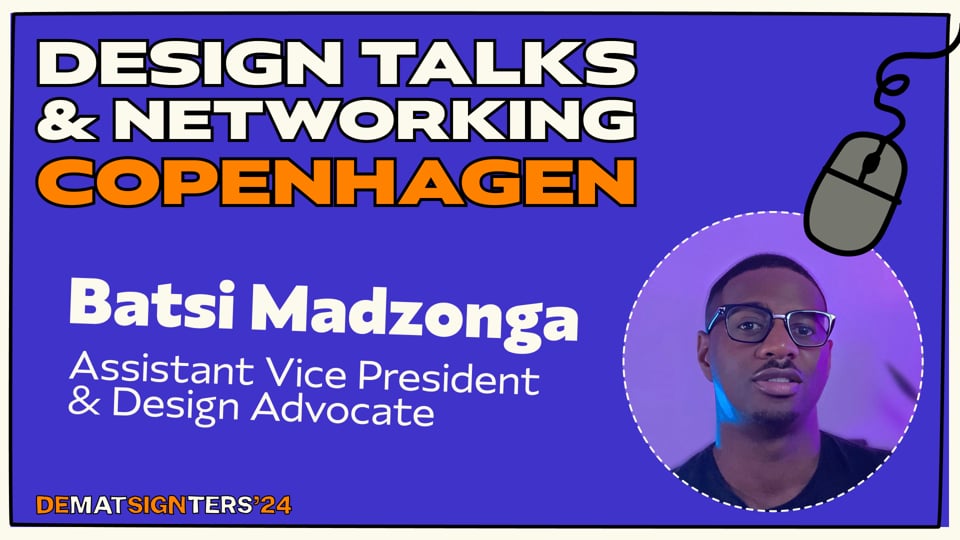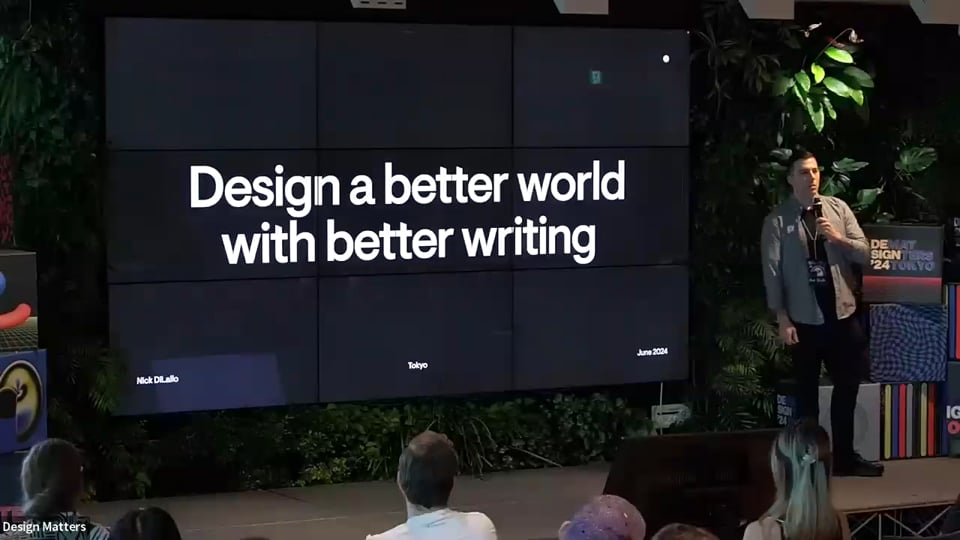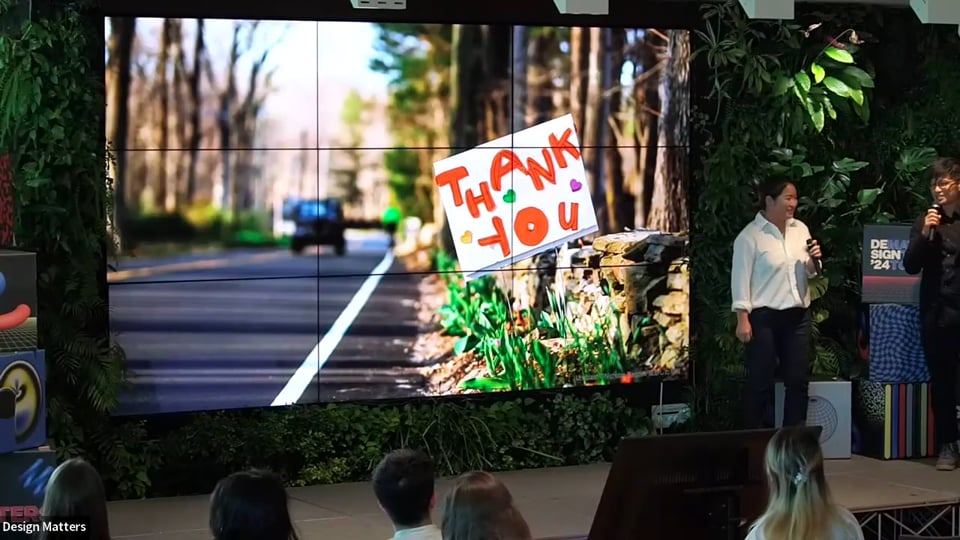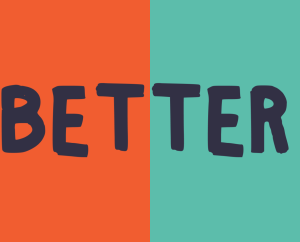Nerd Talk
ENG // Preferable Worlds: Design and Alternative Futures
Feb 01, 2024To say that we are living a key moment in the history of humanity is no longer an exaggeration. A pandemic that doesn’t seem to have completely gone away, unprecedented levels of inequality, a crisis of democratic systems around the world, the dizzying explosion of Artificial Intelligence, and the already very present effects of climate change. If human history was a television series, we would be on a real cliffhanger: what happens in the next decades will decide what happens in the next centuries and beyond. This critical moment comes precisely when design is recognized as a key profession to generate value and, therefore, as an ideal practice to take the reins of change and thus turn this crisis into a transition towards preferable futures. James Dator’s “four generic images of the future” are a well-established framework in the field of futures (and particularly useful for exploring broad, long-term themes) that, quite presciently, map current discussions about possible futures and preferable for the remainder of this century. In this talk, Jorge Camacho will present the basic concepts of this framework to explore how design could contribute and adapt to each of these alternative futures. He will inspire us to imagine ourselves as designers in any of those alternative futures.
Jorge Camacho
Futurist & Strategic Designer, Diagonal Estudio
Jorge Camacho has a master's degree in Cybernetic Culture and a doctorate in Cultural Studies from the University of East London. He is the Co-founder of Diagonal, a research, design, and futures studio, and a research affilliate at Institute for the Future, a world-leading futures organization. He has worked as a Creative and Strategy Director at JWT, Flock (today Isobar), Google Mexico, and Uncommon. He is also the Director at the Master of Design Studies at CENTRO, where he also teaches classes on Strategic Design, Futures Thinking and Systems Thinking. He has taught postgraduate courses at Ibero (CDMX), UAL (London), IED (Madrid), EGADE Business School, ISDI (CDMX), h2i institute (Madrid), the Mexican Academy of Creativity (CDMX), Repensar Educativo, and UTEC (Lima), among others. In both his professional practice and academic work he is particularly focused on how design practices can become drivers of social change.


